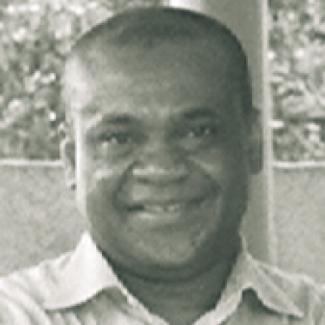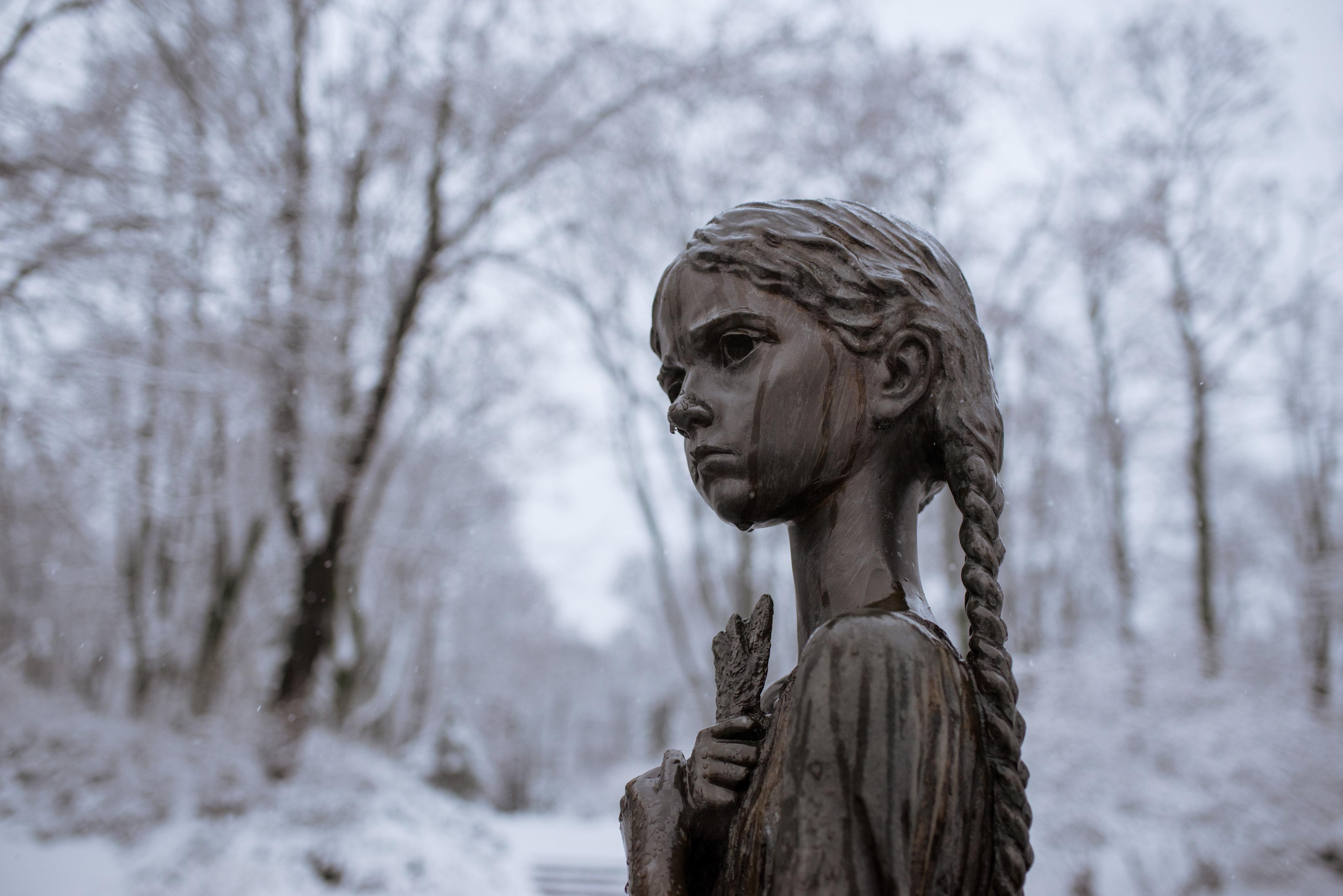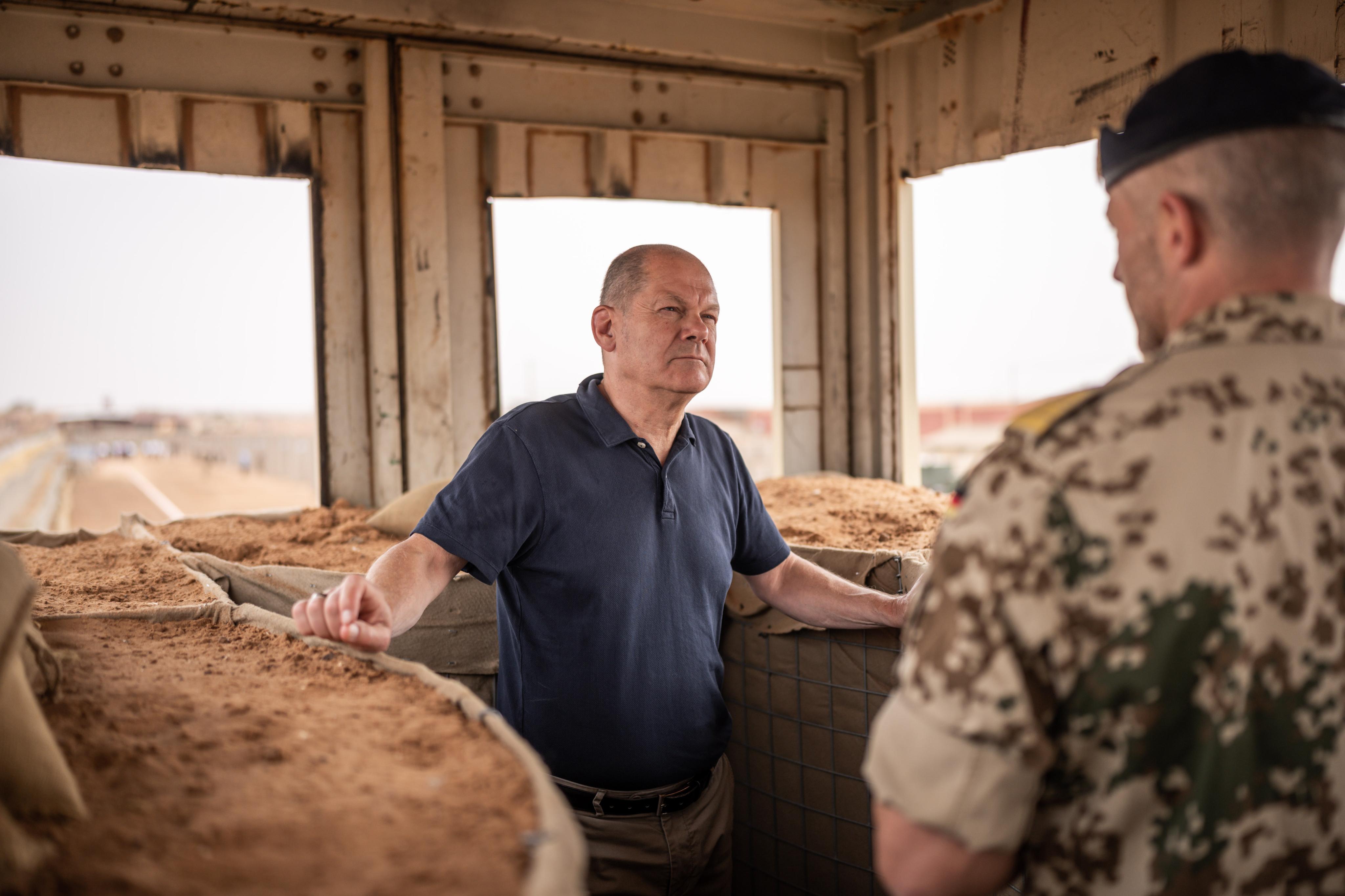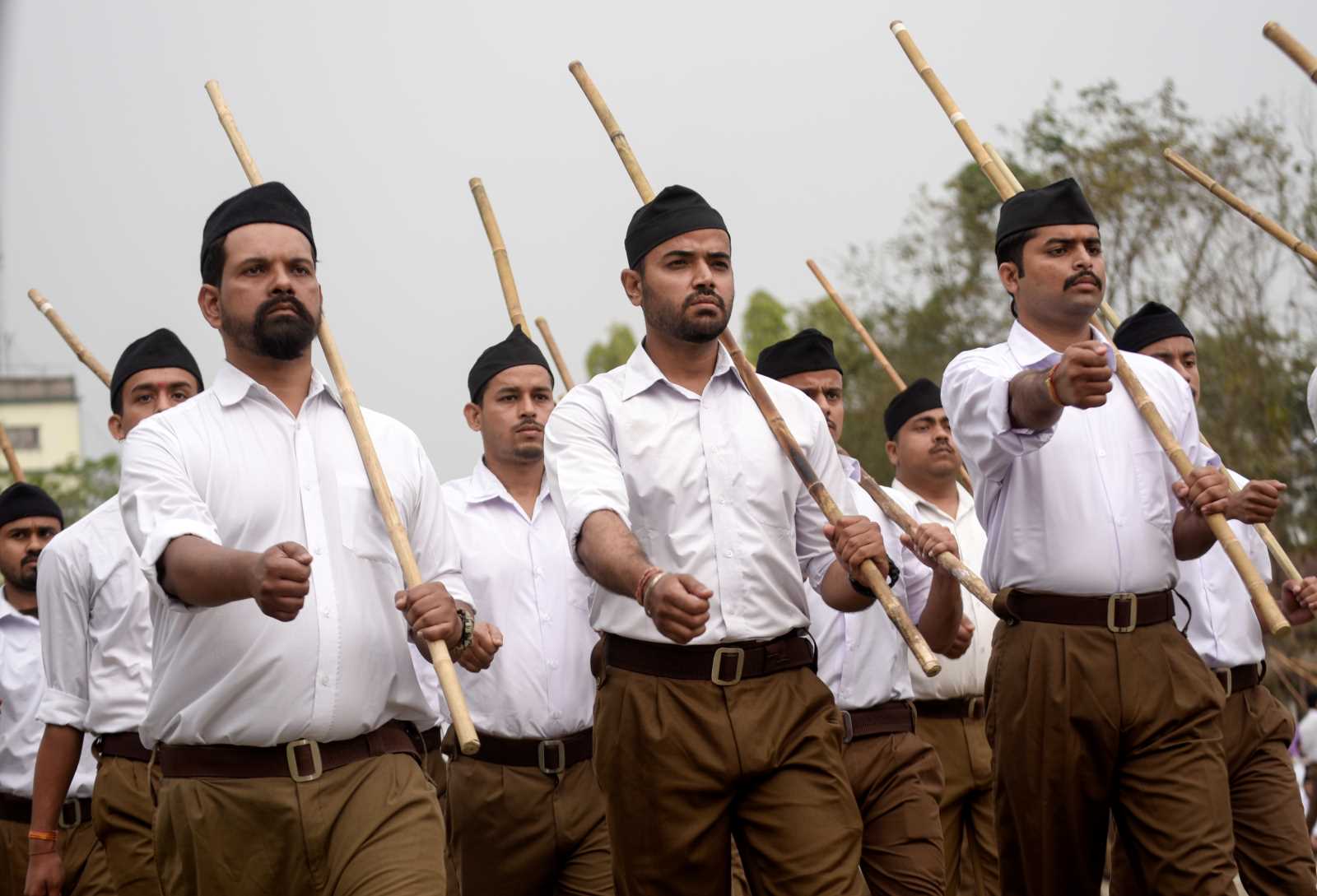Comment
Burkina Faso on the brink
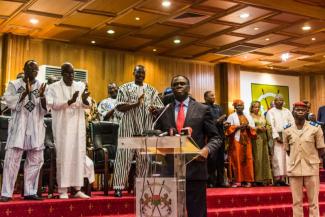
In the 1980s, a Marxist revolution took place in Burkina Faso. In October 1987, its leader, military captain Thomas Sankara, was assassinated. The man who silenced him was believed to be his ally and “friend”, Captain Blaise Compaoré, who then spent 27 years at the helm of the country. He was finally ousted in October last year by popular uprising.
Compaoré fled abroad, but his political legacy is still haunting the country. On 17 September, the elite presidential guard Compaoré had left behind staged another coup. They detained the country’s transitional government that was busy planning the presidential and parliamentary elections that were scheduled for 11 October. Among those detained were interim President Michel Kafando and interim Prime Minister Yacouba Isaac Zida.
The country’s youth reacted angrily again. They demanded the surrender of coup leader General Gilbert Diendéré, who wanted Compaoré loyalists to be allowed to run in the election. Diendéré finally succumbed to growing domestic and international pressure. He was arrested and is now awaiting trial. Both Kafando and Zida were reinstated, and the elections are now set to take place on 22 November.
Observers believe that Diendéré and his acolytes were afraid of losing their privileges, should the civilian transition process succeed. Another reason for the coup may lie in a feeling of betrayal by Prime Minister Zida, himself a former high-ranking officer of the elite presidential guard. Some called him a turncoat colluding with the civilians just to save his skin. Diendéré suspected Zida of endorsing a plan to dissolve the presidential guard.
Alban Kini, a Burkinabé journalist with Sidwaya, a national daily, and the APANEWS press agency in Ouagadougou, believes that the botched coup was useful for the democratic transition, because “it has helped to clear the air”: the much feared presidential guard proved to be a rather empty shell and has now been dissolved.
Abuja-based Abdullahi Shehu, a former director general of the Inter-Governmental Action Group against Money Laundering in West Africa, an institution of ECOWAS (Economic Community of West African States), has a point when he says that ECOWAS failed to condemn the coup immediately as the African Union did. ECOWAS tried to mediate, and only took a clear anti-coup stance after Nigeria’s President Muhammadu Buhari declared that his country did not support the coup and was not interested in mediation.
Omar Dieng, a senior editor with APA news agency in Dakar, Senegal, comes to ECOWAS’ defence. He argues that mediation efforts undertaken by Presidents Macky Sall of Senegal and Thomas Boni Yayi of Benin in the wee hours of the coup were useful. “ECOWAS played the role of a fire-fighter,” he says. Thanks to the rapid intervention by the two presidents, “the West African organisation was able to broker a clumsy agreement between the conflicting parties.” However, Dieng concludes that “it would have been far better to prevent the outbreak of crises in the sub-region, rather than wait until the wound festers.”
In the eyes of Jerome Carlos, a Benin-based journalist, the situation in Burkina Faso is a vivid example of the failure of African states. Carlos believes that the AU should set up think tanks to analyse the Burkina case, so that lessons can be drawn and used elsewhere in Africa.
The main question, however, remains whether authoritarian leaders are willing to learn. Burundi’s president recently ignored the Arusha Accords which allow a maximum of two terms in office. The strongman is now serving a third term, amid daily assassinations of both opponents and loyalists. Next door, the president of Rwanda has also announced that he will run for a third term – in blatant violation of the law. The same scenario seems to be repeating itself in both Congos, where the leaders are openly tampering with the constitution. In this setting, it is encouraging that Diendéré’s coup has failed in Burkina.
Karim Okanla is a lecturer in media studies, communication and international organisations at Houdegbe North American University in Cotonou, Benin.
karimokanla@yahoo.com
